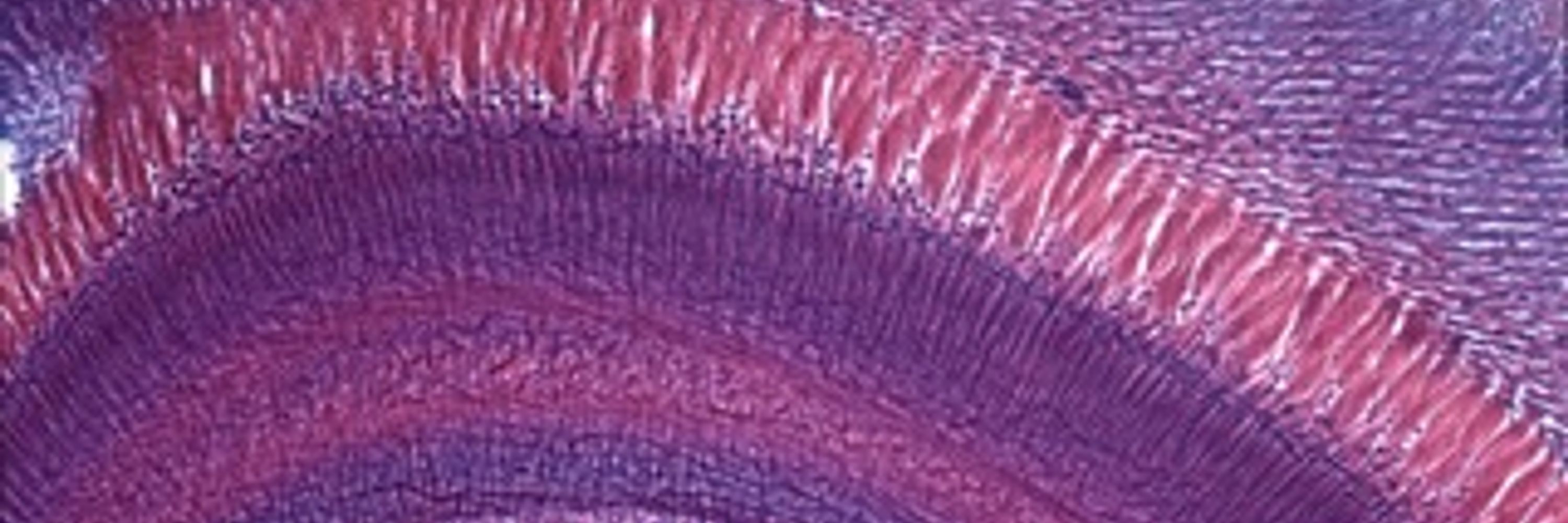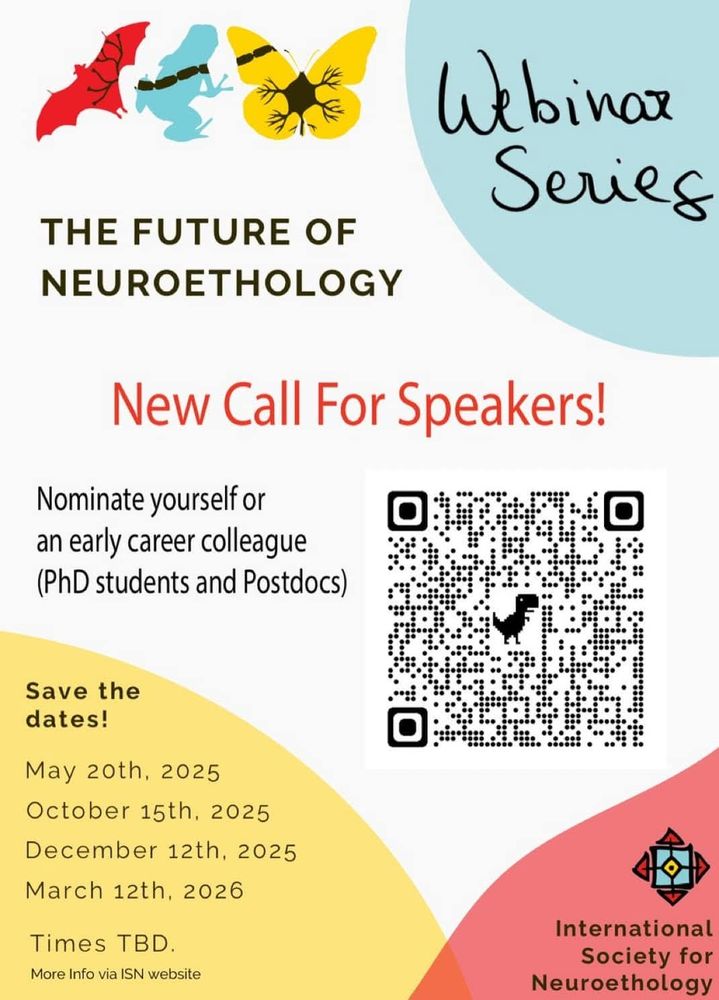

While you wait, you can check out our program on the website🔍
👉🏼Link in bio
We hope to see you soon!
Stay tuned for more details👀
Suported by @biologists.bsky.social, @neurowissg.bsky.social and @dzg-neurobiology.bsky.social

While you wait, you can check out our program on the website🔍
👉🏼Link in bio
We hope to see you soon!
Stay tuned for more details👀
Suported by @biologists.bsky.social, @neurowissg.bsky.social and @dzg-neurobiology.bsky.social
tinyurl.com/5t3mkrny

tinyurl.com/5t3mkrny
Thanks to @sfb1372.bsky.social for featuring our research in a video 🤩 doi.org/10.1007/s003...
Thanks to @sfb1372.bsky.social for featuring our research in a video 🤩 doi.org/10.1007/s003...
Check out the #Unesco virtual museum about #Women in #Science ↘️ www.unesco.org/en/virtual-s... ↙️
Feel free to post interesting facts about women researchers and link women neuroethologists below 👇

Check out the #Unesco virtual museum about #Women in #Science ↘️ www.unesco.org/en/virtual-s... ↙️
Feel free to post interesting facts about women researchers and link women neuroethologists below 👇


#AnimalBehaviour #Neuroskyence
#AnimalBehaviour #Neuroskyence
The power of hairy lizard toes!
(🔬: Power & Syred, SciencePhotoLibrary)

The power of hairy lizard toes!
(🔬: Power & Syred, SciencePhotoLibrary)



journals.biologists.com/jeb/article/...

journals.biologists.com/jeb/article/...

link.springer.com/article/10.1...

link.springer.com/article/10.1...
Melissa was elected as ASAB president in 2024. In the past, she has also been on council as grants secretary and as an ordinary member. She has been an ASAB member since she was a PhD in the 90s… 1/6

Melissa was elected as ASAB president in 2024. In the past, she has also been on council as grants secretary and as an ordinary member. She has been an ASAB member since she was a PhD in the 90s… 1/6


Early spatial and contextual coding deficits in hippocampal CA1 precede performance decline in an Alzheimer's disease model.
Yimei Li, Mary Ann Go, Hualong Zhang, Simon R Schultz.
www.biorxiv.org/content/10.1...

We investigated how hawkmoths coordinate lateralized sensory and motor control for appendage guidance, revealing similar control principles to vertebrates doi.org/10.64898/202...
We investigated how hawkmoths coordinate lateralized sensory and motor control for appendage guidance, revealing similar control principles to vertebrates doi.org/10.64898/202...
www.cell.com/current-biol...
Rather than a charismatic cow, this time we feature a cryptic beauty & unsung hero —the detritivore— vital for soil-related ecosystem function.
An orange springtail, devouring detritus in its native edaphic habitat. 👉 www.cell.com/current-biol...

www.cell.com/current-biol...
Rather than a charismatic cow, this time we feature a cryptic beauty & unsung hero —the detritivore— vital for soil-related ecosystem function.
An orange springtail, devouring detritus in its native edaphic habitat. 👉 www.cell.com/current-biol...
@currentbiology.bsky.social

@currentbiology.bsky.social
- rotate your head to see behind you
- move your eyes for narrow focus
- change your elevation to see over obstructions
how do these relate to habitat-specific predation strategies?
royalsocietypublishing.org/rsif/article...
🧪🌎🪶 #corvids



- rotate your head to see behind you
- move your eyes for narrow focus
- change your elevation to see over obstructions
how do these relate to habitat-specific predation strategies?
royalsocietypublishing.org/rsif/article...
🧪🌎🪶 #corvids
Excited to recruit a postdoc for my lab at the University of Bonn.
🔬 In vivo physiology (Neuropixels, 2P/miniscope)
🐭 Head-fixed & freely moving behaviour
💡 Optogenetics/chemogenetics
⏳ Start: ASAP | Application deadline: 28.02.2026
More info below ⬇️

Excited to recruit a postdoc for my lab at the University of Bonn.
🔬 In vivo physiology (Neuropixels, 2P/miniscope)
🐭 Head-fixed & freely moving behaviour
💡 Optogenetics/chemogenetics
⏳ Start: ASAP | Application deadline: 28.02.2026
More info below ⬇️

